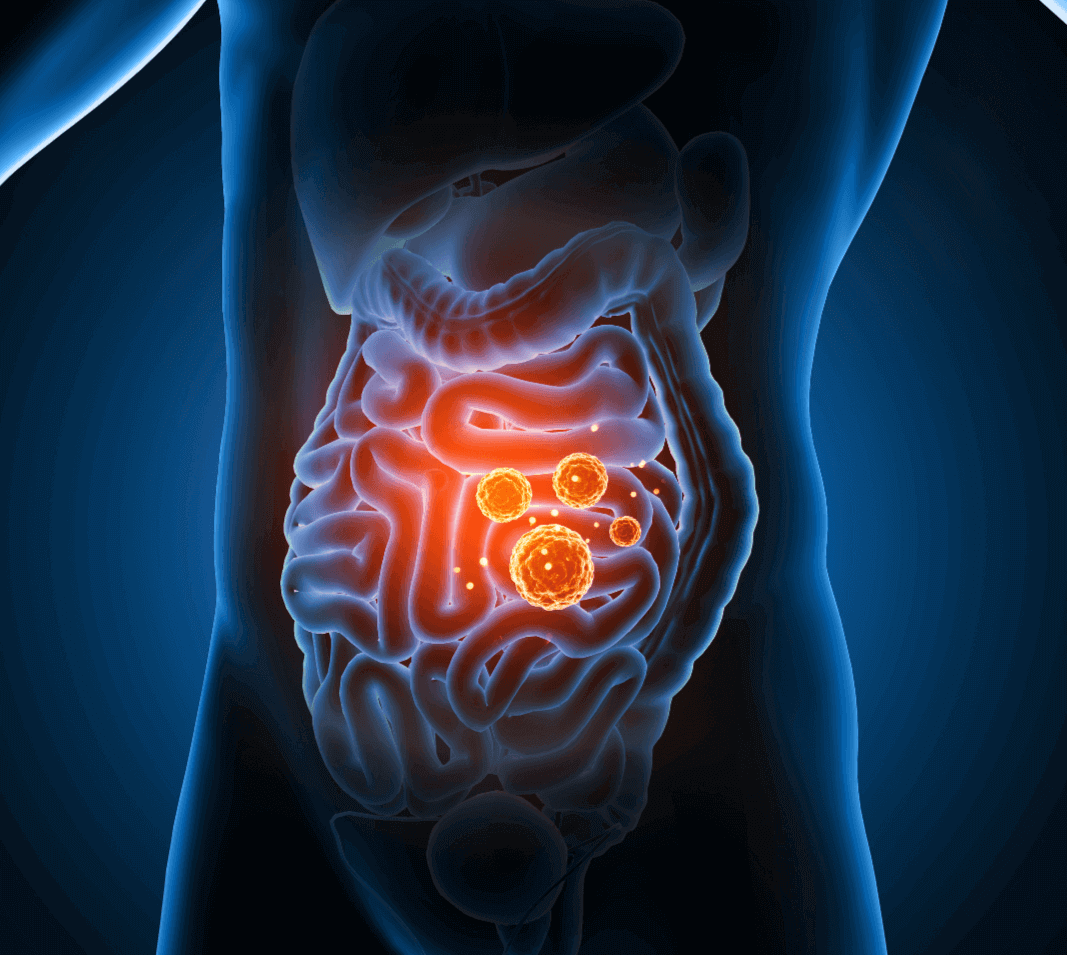The Gut Is a Second Brain

The gut is home to the enteric nervous system (ENS)—a complex web of over 100 million neurons embedded in the walls of your gastrointestinal tract. This system is so sophisticated it can operate independently of the central nervous system, earning it the nickname "the second brain."
But the ENS doesn’t work in isolation. It’s constantly in communication with your central nervous system through a bi-directional pathway called the gut-brain axis. This axis links emotional and cognitive centers of the brain with peripheral intestinal functions.
The Role of the Vagus Nerve
At the heart of this communication is the vagus nerve, the longest cranial nerve in the body. It acts like a highway between the gut and the brain, transmitting information in both directions. About 80–90% of the nerve fibers in the vagus nerve carry information from the gut to the brain—not the other way around.
When your gut is inflamed or imbalanced, the vagus nerve sends distress signals to the brain, triggering a cascade of physiological responses, including increased heart rate, heightened cortisol production, and feelings of anxiety or panic.
Microbiome, Mood, and Neurotransmitters
Your gut is home to trillions of bacteria, collectively known as the gut microbiome. These microbes don’t just help with digestion—they produce neurotransmitters like serotonin, dopamine, and GABA, all of which play essential roles in mood regulation.
Remarkably, about 90% of your serotonin is produced in the gut, not the brain. If the microbiome is out of balance—due to stress, diet, illness, or antibiotics—your body’s ability to regulate mood can be impaired, contributing to symptoms of anxiety and depression.
Emerging research has linked gut dysbiosis (a microbial imbalance) to elevated levels of inflammation and altered stress responses in the brain. Some studies even show that transplanting healthy gut bacteria from calm individuals into anxious mice can significantly reduce anxiety-like behaviors.
The Stress-Anxiety-Gut Feedback Loop
Here’s where things get cyclical: chronic stress impacts gut function—slowing digestion, reducing microbial diversity, and increasing gut permeability (aka "leaky gut"). In turn, these changes in the gut send alarm signals to the brain, which perpetuates a heightened stress response. It becomes a feedback loop of anxiety and gut dysfunction feeding into each other. This is why addressing anxiety solely from the neck up may not be enough.
 Mind-Body Coaching as a Bridge
Mind-Body Coaching as a BridgeIn coaching, particularly using approaches like Neuro-Linguistic Programming (NLP), we help clients become aware of these signals and patterns. Rather than pushing through or ignoring the body’s messages, we learn to listen and respond differently.
Mind-body coaching supports clients in:
- Understanding their internal stress loops
- Reframing habitual thought patterns that exacerbate physical discomfort
- Creating safety within the nervous system through breathwork, language, and body-based awarenes
Takeaway
Your mind and body are not separate systems—they’re in constant, complex conversation. If you’ve been doing “all the right things” for your mental health but still feel anxious, it might be time to look at the conversation happening in your gut.
NLP and body-based coaching can help bridge that gap.
Ready to explore how your biology and mindset interact - Let's get to the root of what your body is trying to tell you
















0 Comments